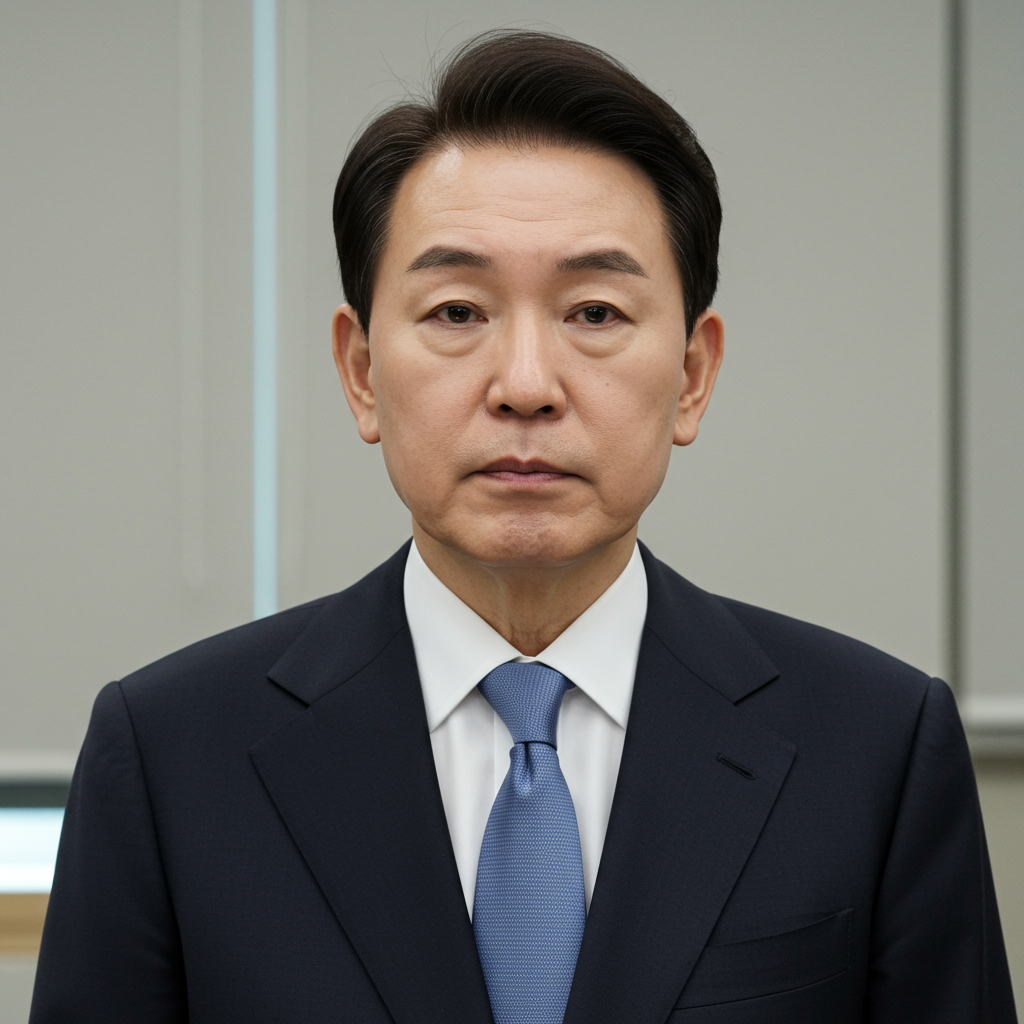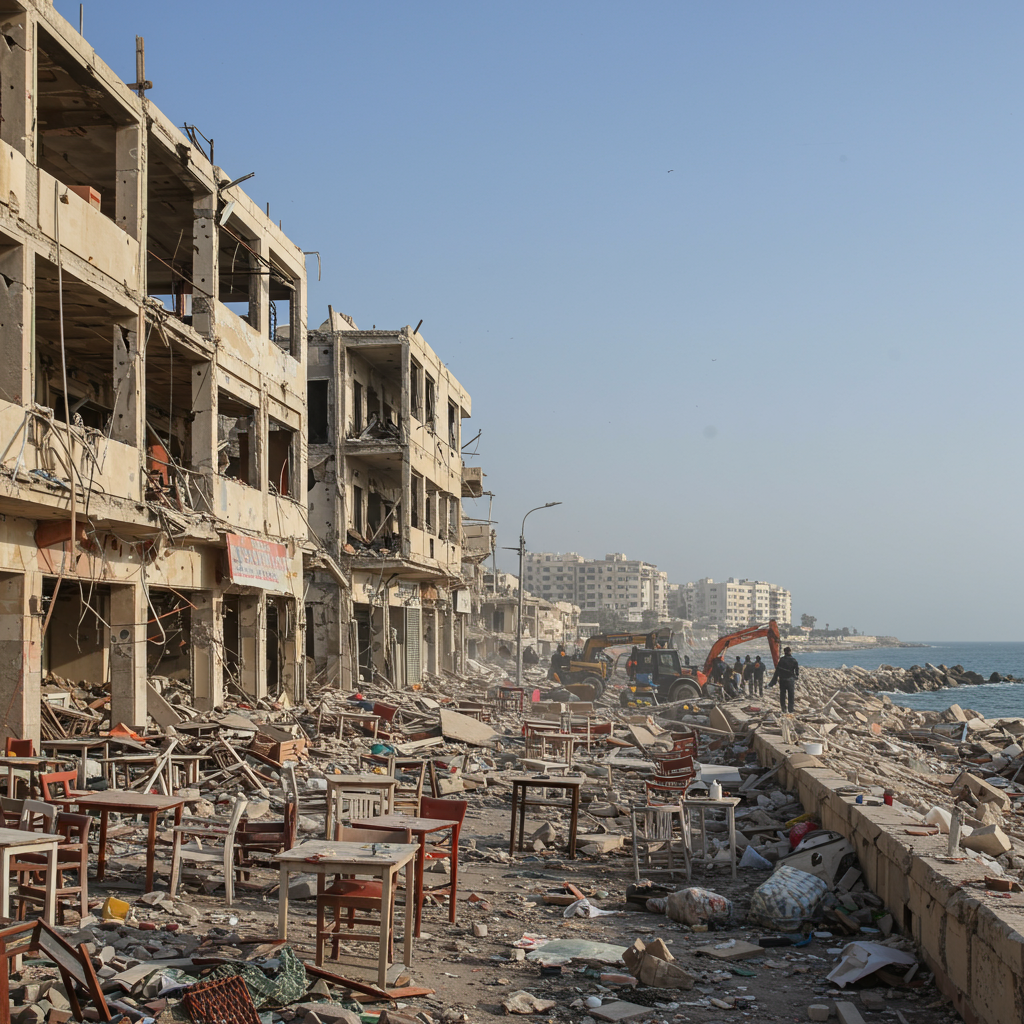Thailand’s Prime Minister, Paetongtarn shinawatra, faces a significant challenge to her leadership after the nation’s Constitutional court ordered her suspension from office. The decision came Tuesday, July 1, 2025, stemming from an ethics investigation triggered by a leaked phone call with a senior Cambodian official. This development plunges Thailand back into political uncertainty, reigniting familiar patterns of instability that have marked the country’s recent history.
The court’s action followed a petition filed by 36 senators who accused Paetongtarn of breaching the constitution’s ethical standards. Judges voted unanimously to accept the case for review. A subsequent vote of 7-2 supported her immediate suspension pending a final ruling. She has been granted 15 days to present her defense to the court.
Suspension Sparks Political Turmoil
The suspension necessitates a temporary change in leadership. Deputy Prime Minister and Transport Minister Suriya Juangroongruangkit has stepped in as the caretaker prime minister. This ensures continuity in government functions while the court deliberates Paetongtarn’s fate.
The move by the Constitutional Court is seen by many as a pivotal moment. It highlights the ongoing tension between elected governments and powerful unelected institutions in Thailand. The judiciary, particularly the Constitutional Court, is often perceived as a guardian of the conservative and royalist establishment. Historically, these bodies, along with the military, have played a significant role in removing political figures associated with the Shinawatra family.
The Controversial Phone Call Explained
At the heart of the ethics probe is a leaked telephone conversation Paetongtarn had with Cambodia’s influential former leader, Hun Sen. The call took place on June 15. Its purpose was to de-escalate rising tensions following a deadly border dispute. An armed confrontation occurred on May 28, resulting in the death of one Cambodian soldier in the disputed Emerald Triangle area.
Critics argue Paetongtarn’s tone and comments in the call were overly deferential. She reportedly referred to Hun Sen as “uncle,” a title reflecting his long-standing friendship with her father, former Prime Minister Thaksin Shinawatra. More controversially, she reportedly criticized a Thai regional army commander. She allegedly urged Hun Sen not to listen to Lieutenant General Boonsin Padklang. She described the commander as “an opponent” and “entirely from the opposition.” This was seen as undermining the military, a powerful and sensitive institution in Thailand.
Fallout from the Leaked Conversation
The leaked call sparked public outrage and protests across Thailand. Conservative and nationalist groups were particularly angered. Thousands rallied in Bangkok demanding Paetongtarn’s resignation. They accused her of appearing weak and submissive in the face of potential conflict with Cambodia.
Paetongtarn defended her actions. She stated the call was a negotiating tactic. Her sole aim, she said, was to prevent further conflict and save soldiers’ lives. Despite her defense, she offered an apology to those upset by the leaked audio. Hun Sen later posted the full 17-minute recording on Facebook. He claimed he did this to prevent misunderstandings.
The incident also strained the ruling coalition government. A key party, the Bhumjaithai Party, withdrew its support. This move was reportedly due to the fallout from the leaked call. The withdrawal necessitated a cabinet reshuffle. King Maha Vajiralongkorn endorsed this reshuffle just before Paetongtarn’s suspension was announced.
A Familiar Cycle of Instability
Paetongtarn’s suspension fits into a recurring pattern in Thai politics. She is the third member of the Shinawatra family to hold the prime minister’s office. She is also the third to face potential removal before completing a full term.
Her father, Thaksin Shinawatra, was ousted by a military coup in 2006. Her aunt, Yingluck Shinawatra, was removed by a court order in 2014, shortly followed by another coup. This history fuels concerns that the Shinawatra family, despite their electoral popularity, remains a target for Thailand’s conservative establishment.
Purawich Watanasukh, a political science lecturer at Thammasat University, commented on this situation. He described it as a “recurring cycle of political instability.” This cycle, he suggests, will likely continue. This is because Thailand lacks genuine democratic reform. Specifically, there’s a need to limit the power of unelected institutions. These institutions often disrupt the country’s democratic development.
Broader Challenges for the Government
The suspension adds to the difficulties already facing Paetongtarn’s administration. Her Pheu Thai party has been criticized for its handling of a sluggish economy. There is growing public dissatisfaction with the government’s perceived underwhelming performance.
Paetongtarn’s personal popularity has also seen a sharp decline. Recent opinion polls show her approval rating dropping significantly. The political turmoil exacerbates these existing challenges.
Beyond the Constitutional Court case, Paetongtarn faces other investigations. The National Anti-Corruption Commission is also scrutinizing allegations of ethical breaches related to the call. A negative finding from this body could also lead to her permanent removal.
Thaksin Shinawatra’s Ongoing Legal Troubles
The political drama surrounding Paetongtarn unfolds alongside legal challenges facing her father, Thaksin Shinawatra. Thaksin returned to Thailand in 2023 after 15 years of self-imposed exile. His return was facilitated by a deal that allowed his party to form a government. However, he has faced multiple legal issues since his return.
On the same day as his daughter’s suspension, Thaksin appeared in court. He faced charges of insulting the monarchy stemming from a 2015 interview. This is a serious charge with potential prison sentences. He denies the allegations.
Thaksin is also under investigation for how he served an eight-year prison sentence for earlier convictions. He was transferred almost immediately to a hospital upon his return and later granted clemency. He did not spend a single night in regular prison. Critics argue he avoided serving his sentence properly. The Supreme Court is currently reviewing his hospital stay. This could potentially result in him being ordered back to jail.
Strained Relationships and Future Uncertainty
Adding another layer of complexity, Hun Sen, the Cambodian official in the leaked call, has publicly ended his long-standing friendship with Thaksin. Hun Sen stated he felt “betrayed” and sought “revenge” related to the border dispute fallout. He accused both Thaksin and Paetongtarn of acting in “bad faith.” He even alleged Paetongtarn confided in him about internal political maneuvers. This public breakup further complicates the political landscape for the Shinawatra family.
The immediate future of Thai politics remains uncertain. Possible scenarios include the ruling coalition selecting a new prime minister from within Pheu Thai or another coalition party. The caretaker prime minister could potentially dissolve parliament and call fresh elections, although this is seen as a risky move. Some observers even raise the possibility of another military coup, given the historical context and the demands from some ultranationalist conservative groups for Paetongtarn’s resignation and a tougher stance on Cambodia. The opposition People’s Party is advocating for dissolution and new elections.
The current instability risks damaging Thailand’s relationship with Cambodia. It also highlights the deep divisions within the country’s political system. The outcome of the Constitutional Court’s ethics investigation will be crucial in determining the next steps for Thailand’s government and its fragile democracy.
Frequently Asked Questions
What is the reason for Paetongtarn Shinawatra’s suspension?
Thailand’s Constitutional Court suspended Prime Minister Paetongtarn Shinawatra over an ethics investigation. This probe was prompted by a leaked phone call she had with Cambodian Senate President Hun Sen regarding a border dispute. Critics allege she was overly deferential in the call and criticized a Thai army commander, leading senators to file a petition accusing her of ethical misconduct.
How does this event fit into Thailand’s recent political history?
This suspension follows a pattern seen with previous prime ministers from the Shinawatra family, including Paetongtarn’s father Thaksin Shinawatra and aunt Yingluck Shinawatra, both of whom were removed from office through coups or court rulings. It highlights the ongoing power struggle between elected governments and Thailand’s conservative establishment, including the judiciary and military, which critics say often use independent institutions to target political opponents.
What happens next after the Prime Minister’s suspension?
Deputy Prime Minister Suriya Juangroongruangkit will serve as the caretaker prime minister. Paetongtarn has 15 days to submit her defense to the Constitutional Court, which will then issue a final ruling on the ethics case. She also faces separate investigations by other agencies. The political situation remains uncertain, with potential outcomes ranging from the ruling party selecting a new leader to new elections or further instability.
The suspension of Paetongtarn Shinawatra by the Constitutional Court marks another turbulent chapter in Thailand’s political narrative. Driven by an ethics probe over a leaked phone call aimed at de-escalating a border dispute, this event underscores the persistent challenges facing the Shinawatra family and the broader struggle for power within the nation. As the court process unfolds, all eyes remain on Thailand, awaiting the resolution that will shape its immediate political future.


